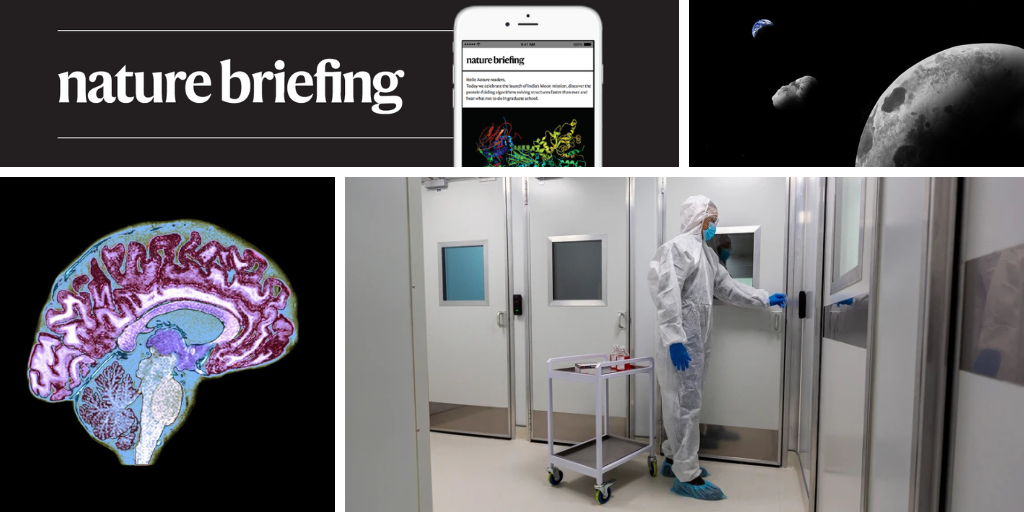
"Specialized immune cells act as 'spies' that gather information from the gut and fat tissue, influencing the brain's control of crucial behaviors like food pursuit."
"Moving away from one's original research area can result in a reduced citation count, a phenomenon known as the 'pivot penalty', affecting publication and funding opportunities."
"Tianwen-2, China’s latest mission, aims to retrieve rock samples from the quasi-satellite Kamo'oalewa, which could provide insights into the Moon's formation."
"The unique immune cells identified in mice have molecular characteristics that enable them to access the brain's core, shaping their function based on diet and microbiome."
Recent research highlights specialized immune cells in mice that serve as 'spies' relaying information about the gut and fat tissue to the brain, significantly affecting behaviors like food pursuit. These cells exhibit specific molecular traits that grant them access to the brain's core, and their functions are influenced by dietary factors and the microbiome. Additionally, a study uncovered the 'pivot penalty' concept, where researchers venturing outside their traditional fields face challenges in publication and citation success, ultimately impacting funding prospects.
Read at Nature
Unable to calculate read time
Collection
[
|
...
]